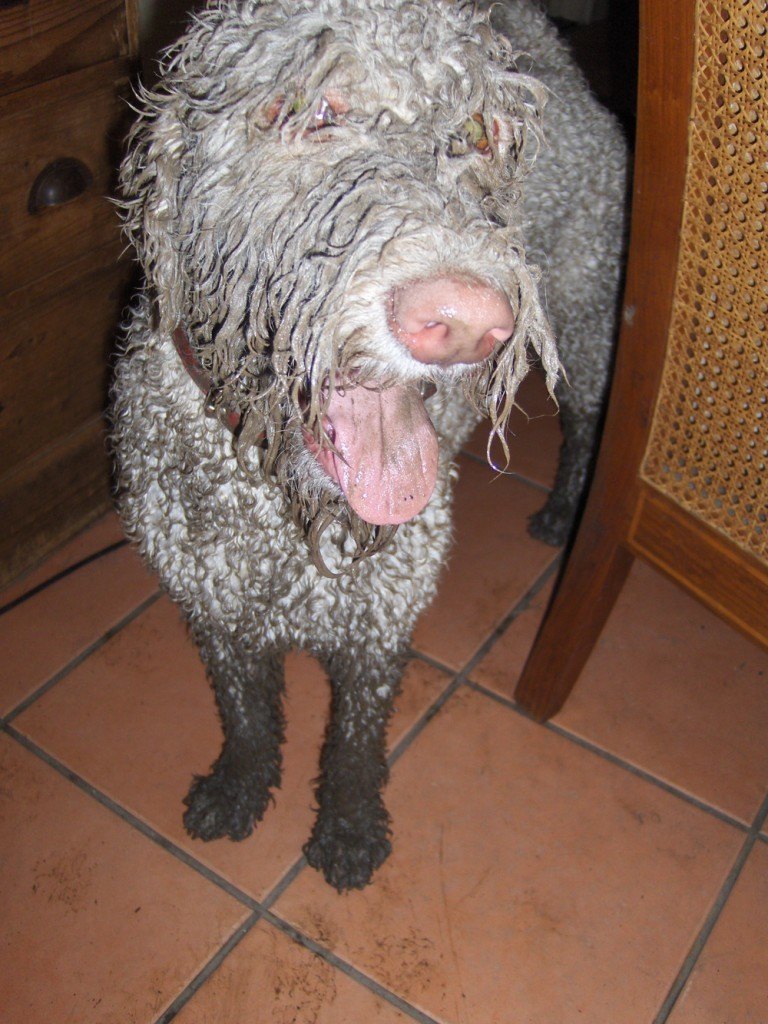Preparing for Your First Pet
Getting a pet for the first time can be a nerve-wracking experience. You need to make sure they are happy, comfortable, well-fed, and that they love their new home. You also need to give them all the time and attention they need. For many people, it is their first taste of parenthood, the first time they have to think about being responsible for another living being.
Despite the magnitude of the task, you don’t need to worry too much. As long as you give it the time, attention, and love it requires, your pet will flourish in your home, bringing you comfort, companionship, and happiness.
Choose the Right Pet
First, you need to choose the best pet for your home, schedule, and personality. You can’t have a large, excitable dog in a small flat or one that requires several daily walks if you’re going to be too busy to go for them. You also can’t have a pet that is going to leave hair everywhere if you or someone close to you has allergies.
British veterinary clinic Vets4Pets has a useful tool to determine what the best pet is for you, taking into account your space, budget, living conditions, and free time. Do not simply get the pet you want despite it not fitting into your lifestyle. Even if you are feeding them and have provided a safe environment, it is cruel to not allow a pet the space, exercise, and socialization they need. Dogs are pack animals and, as such, need your time and attention. Left on their own for long periods of time, your dog may develop nervous habits such as peeing indoors or barking and whining through the night. These are signs of separation anxiety and will require considerable time, training, and patience to remedy.
Age is also a consideration. Puppies are prone to chewing everything in sight. From shoes to toys left on the ground, nothing is off limits. This is how young dogs explore the world. If you’re not ready or willing to replace a few personal belongings, an older dog may be your best option.
Sometimes dogs get mucky, and even very mucky !
Prepare Your Home
Before your new best friend comes home, you need to make sure that your house is ready to welcome them. According to Pedigree, things you should have at home before bringing in a new dog include food and water bowls, toys, grooming materials, and a collar and lead. For older dogs, you should ask the most recent owner what food brand they are used to and give them that for the first few days.
For cats, the requirements are similar, but you need to also have a litter box and a stock of cat litter. Make sure you place the litter box somewhere accessible and comfortable for the cat, and put it away from its food and water bowls.
If you are getting a small caged pet, such as a hamster or a rabbit, you will not have much preparation to do aside from ensuring their living space is as comfortable as possible. Make sure you place their cage somewhere with the correct temperature and noise levels for the type of animal you are getting.
Learn to Maintain Your Home
Now that you have a pet, your housekeeping routines are likely to change. Depending on what animal you chose, you may have to deal with pet hair getting everywhere or muddy paw prints all over your floor.
However, the main complaint pet owners have is the smell. Learn to get rid of pet odours from your furniture and carpet so you don’t become “that house” no one wants to come into. One popular solution is using vinegar as an odour neutralizer, but there are specialized products you can buy at pet stores as well.
Bring Your Pet Home
When you finally bring your pet into its new home, it is important to give them time to adjust. They won’t feel comfortable right away, and that’s fine. Experts recommend you confine pets to one room of the house at first so they are not overwhelmed by the new environment. You should also let them smell every member of the household to get used to them. Cats are highly territorial, so it may be a good idea to buy a pheromone spray to make the house feel more familiar.
If you are bringing home a rescue, understand that they might be scared. They have had a traumatic experience in the past and might not trust you yet. Be forgiving of any “accidents” and shyness, and be patient with them.
Once you have followed these steps, enjoy getting to know your new friend. You will most likely always remember your first pet, so it’s up to you to make this new relationship a long, loving, and mutually beneficial one.

